Spain, Chile, Hong Kong, Lebanon all rocked by violent protests
It’s been chaos on the streets of numerous cities around the world as angry citizens take to the streets to protest against inequality, injustice, price rises and corruption. SEE THE BEST PICTURES.
People are angry and they’re taking to the streets of cities around the world to let everyone know.
Violent protests have rocked Chile, Ecuador, Spain and Lebanon in recent days, while protesters and police have been battling on the streets of Hong Kong for months. And while the demonstrations in the UK were not violent, there was no mistaking the frustration of millions who took to the streets to protest the ongoing Brexit debacle.
Here’s where citizens are making their frustrations heard.
Spain
The nation’s second city, Barcelona, has been paralysed by days of protests after a group of Catalan separatist leaders were jailed last week.
Nearly 600 people have been hurt, two of whom remain in critical condition, as protesters have torched cars, burnt barricades and lobbed rocks at police who have hit back with tear gas and rubber bullets.
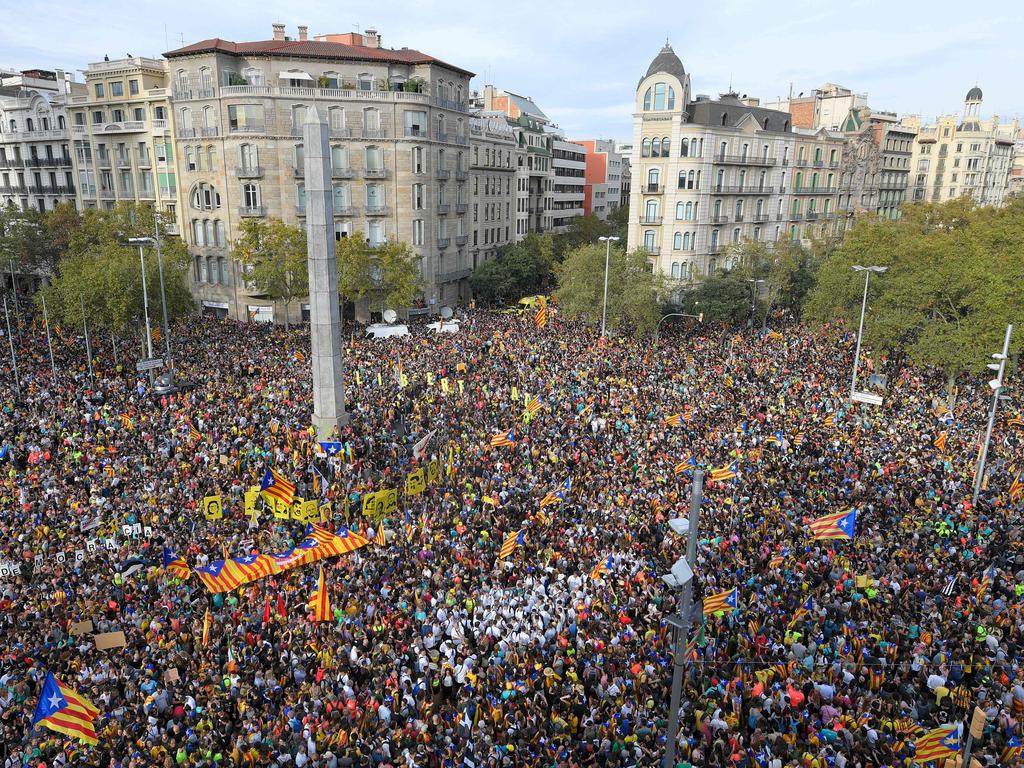
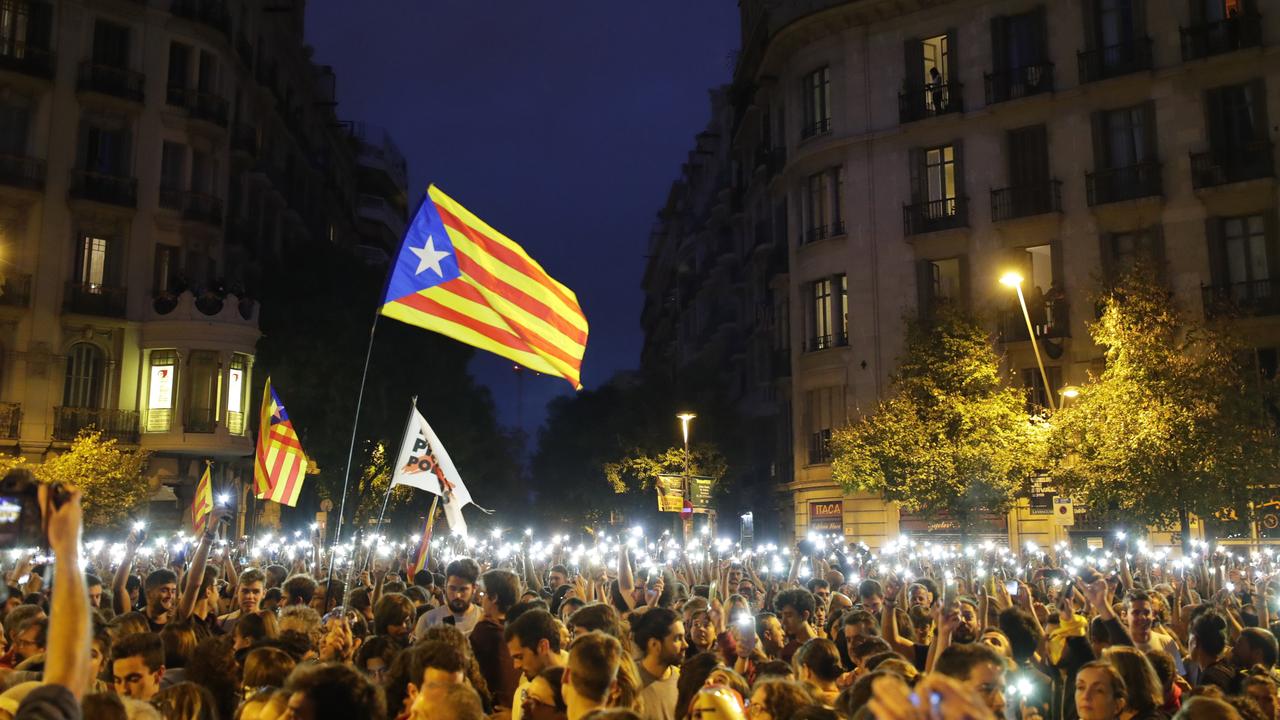
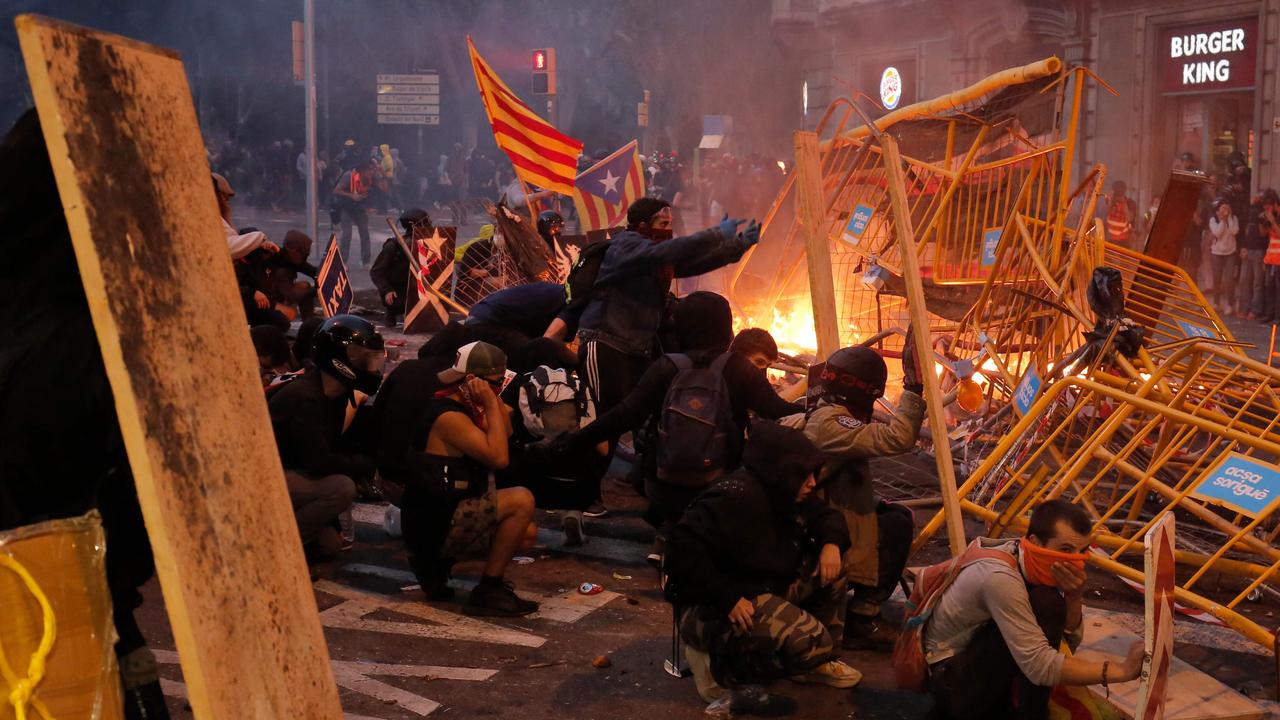
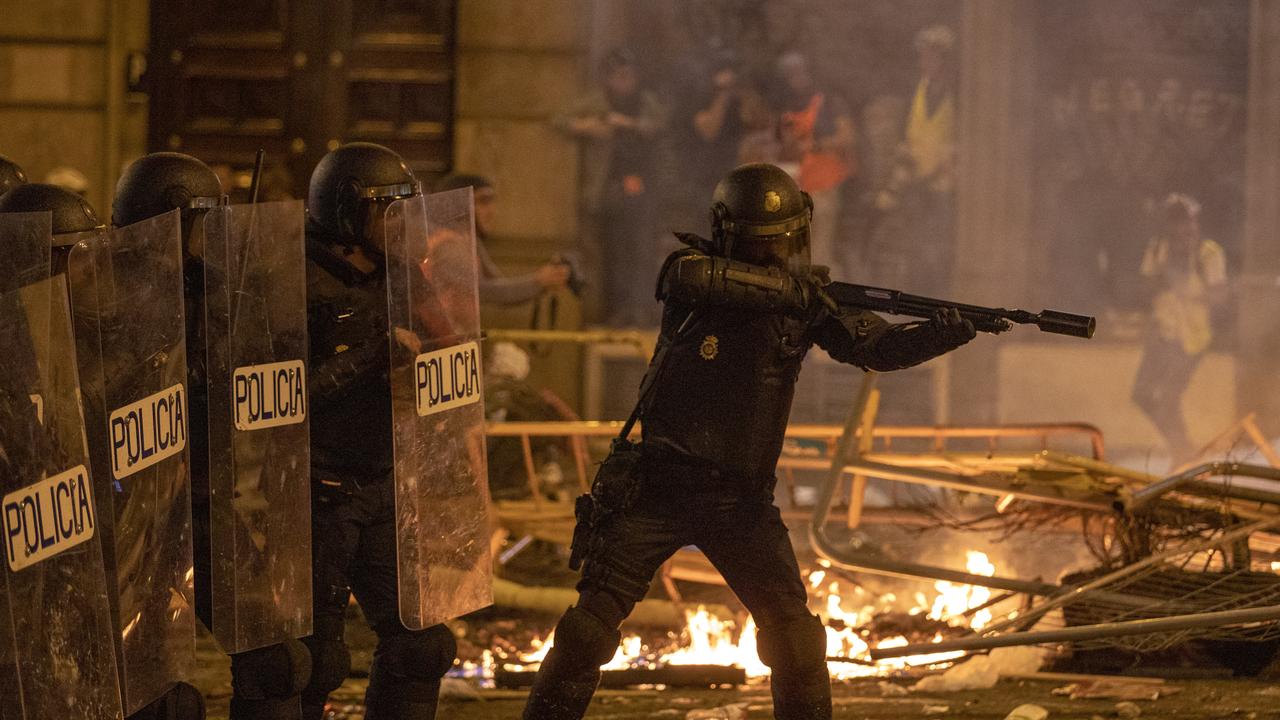
Chile
At least 11 people have been killed in violent protests that have paralysed Chile’s capital Santiago.
Protesters defied an emergency decree and confronted police in Chile’s capital again on Monday, leading led the president to say the country is “at war.” Police used tear gas and streams of water to break up a march by hundreds of students and union members on one of Santiago’s main streets, but demonstrators who at first dispersed later reformed elsewhere.
President Sebastian Pinera declared a state of emergency at the weekend and gave the military responsibility for security after violent protests.
The unrest was triggered by a relatively minor increase in subway fares, but analysts said the protests are fed by frustration from a long- building sense of many Chileans that they are not sharing in the nation’s advances.
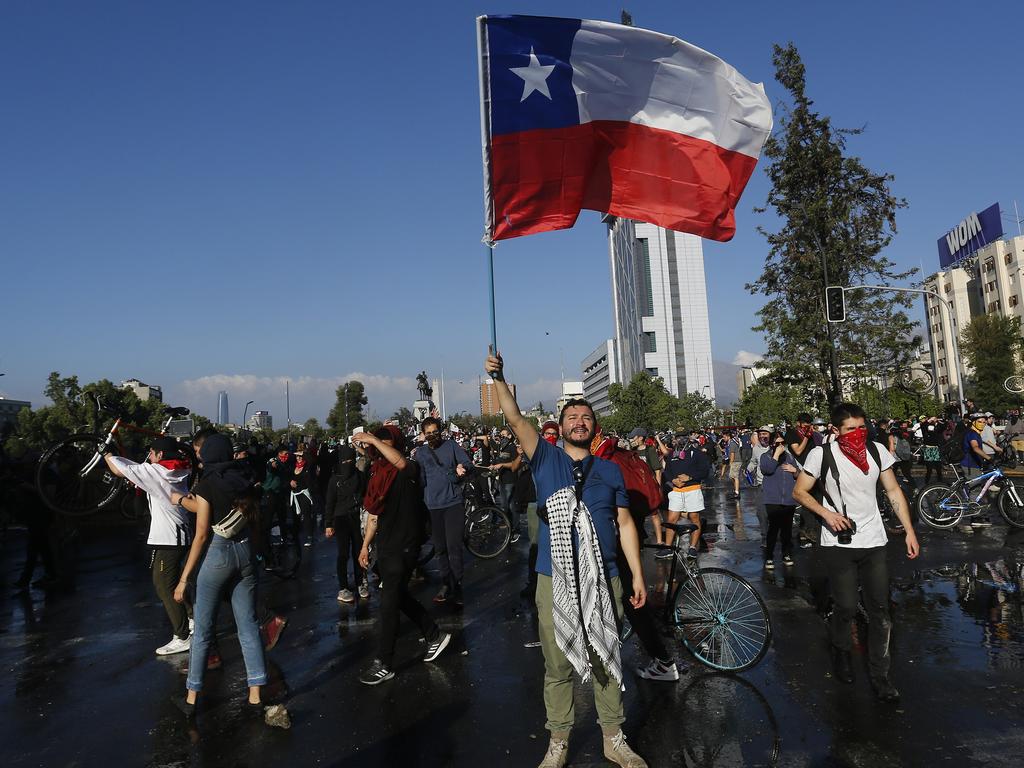
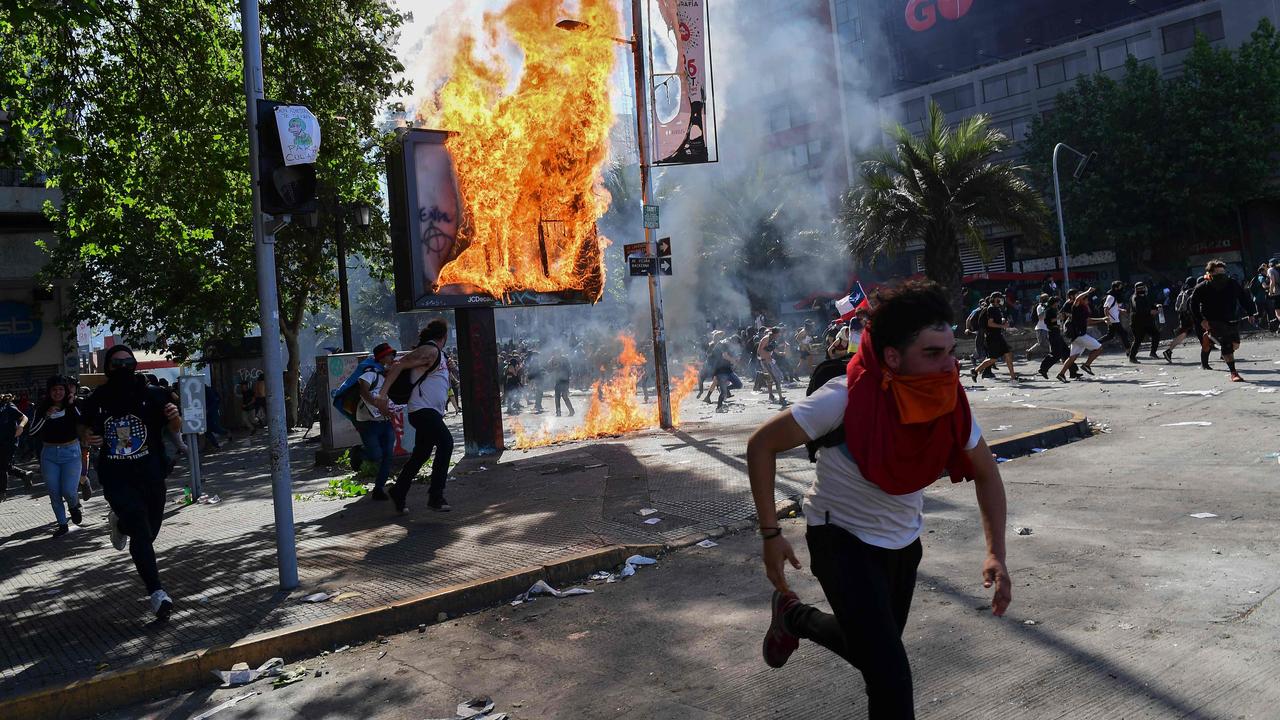
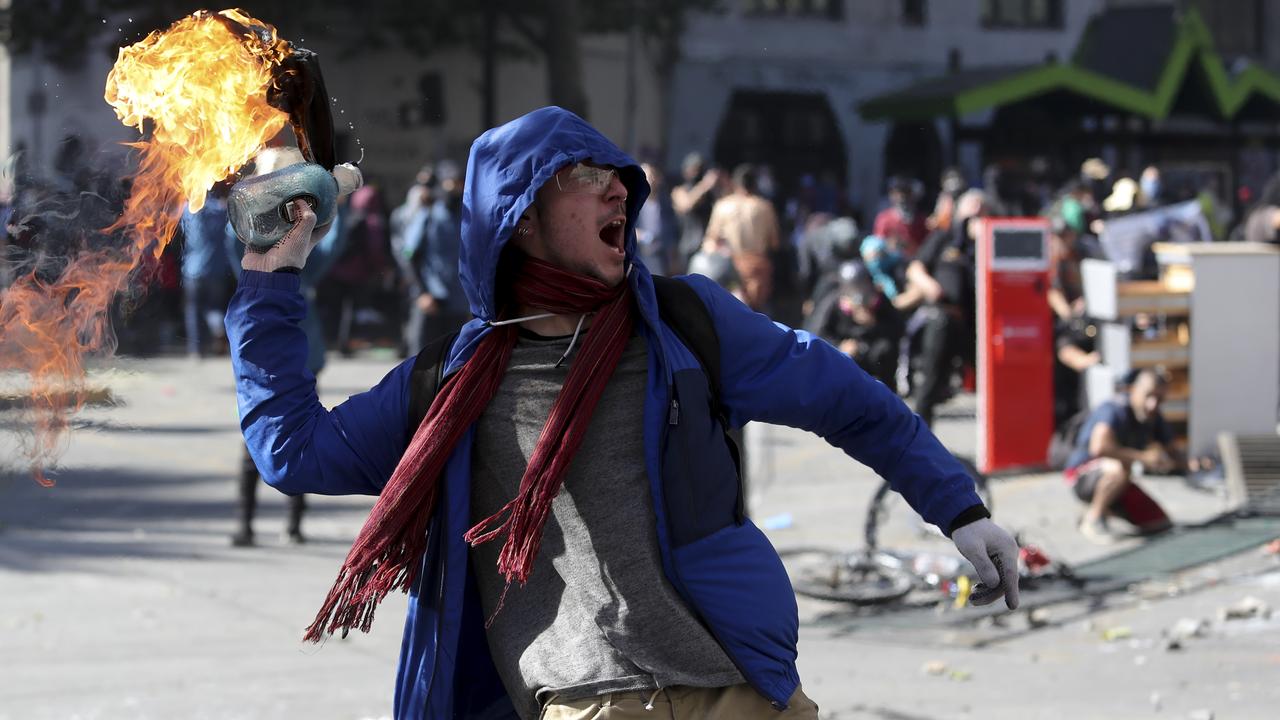
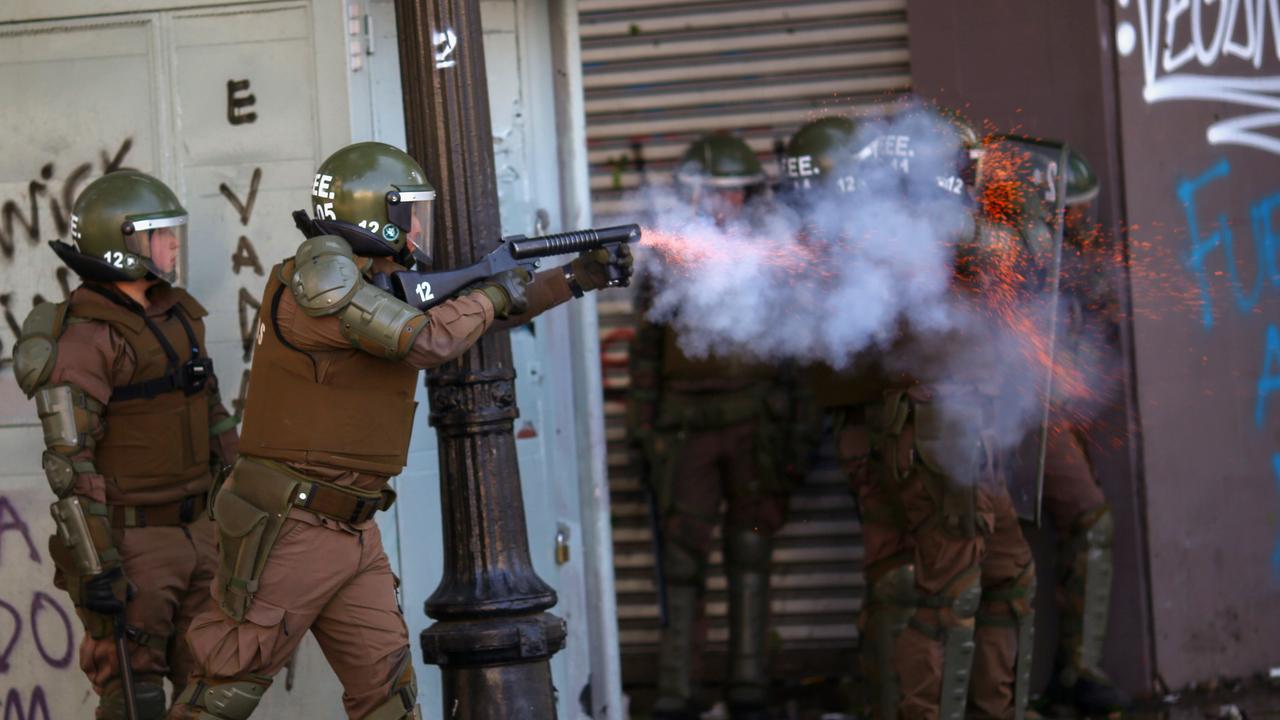
Lebanon
Facing escalating mass protests, the government of Lebanese Prime Minister Saad Hariri on Monday approved a package of economic reforms and a 2020 budget without new taxes, hoping to appease people in the streets.
Protests swelled in the hours after the announcement, however, as many demonstrators scorned the package as “empty promises.” Hundreds of thousands of people have flooded public squares across the country in the largest protests in over 15 years, unifying an often-divided public in their revolt against status-quo leaders who have ruled for three decades and brought the economy to the brink of disaster.
Sparked by proposed new taxes, the protests have shaken the country and top leaders, who are scrambling to come up with concessions to appease the public.
Protests have paralysed the country for almost a week, with schools, universities, banks and other business shuttered. The protests are building on long-simmering anger at a ruling class that has divvied up power among themselves and amassed wealth for decades but has done little to fix a crumbling economy and dilapidated infrastructure.
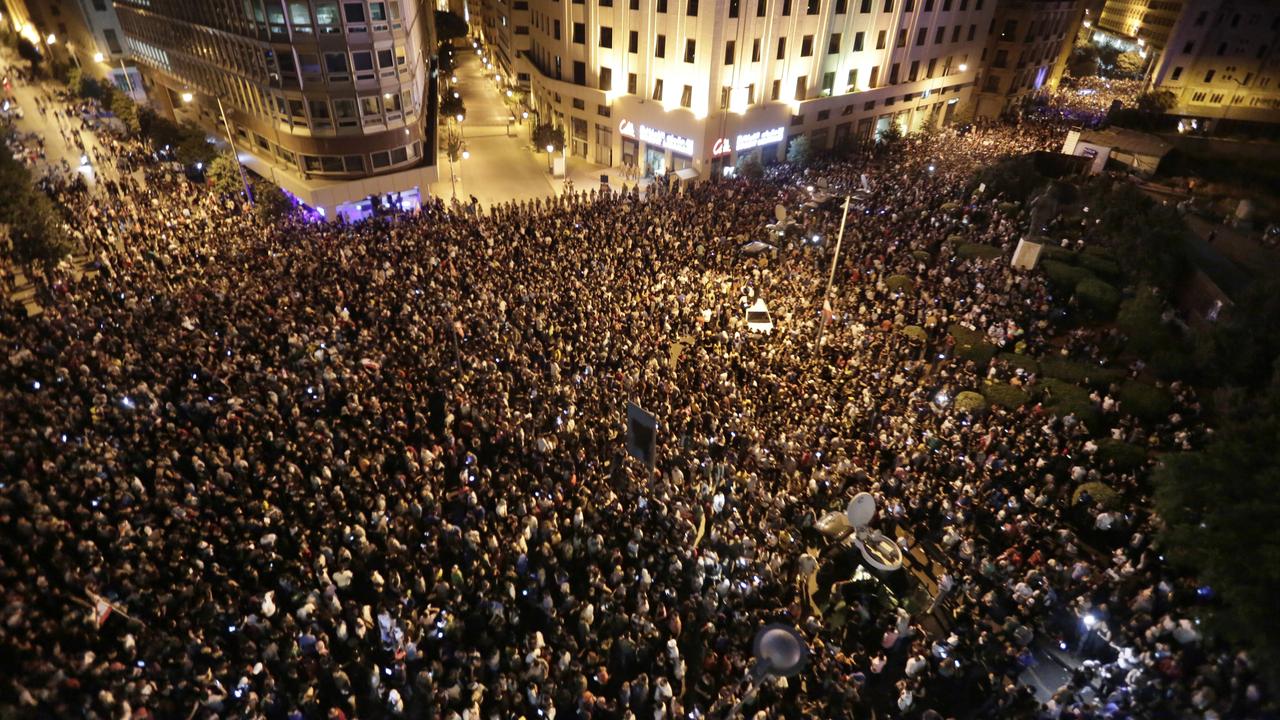
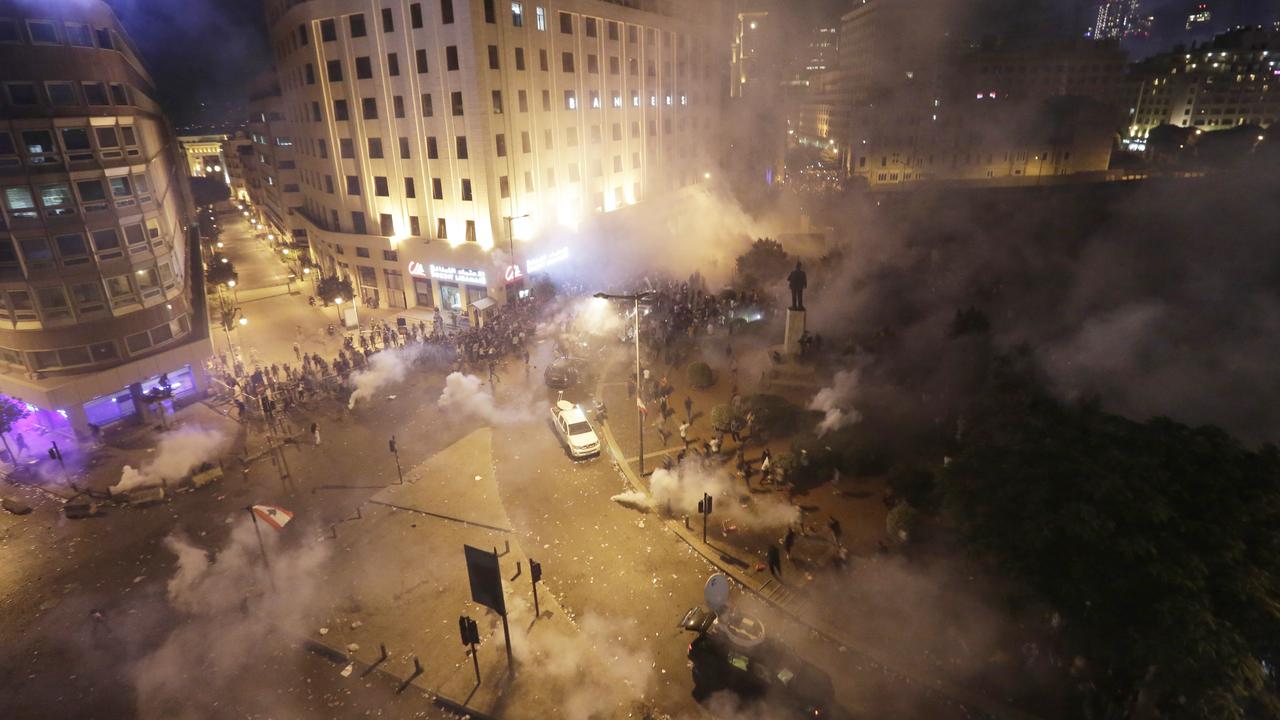
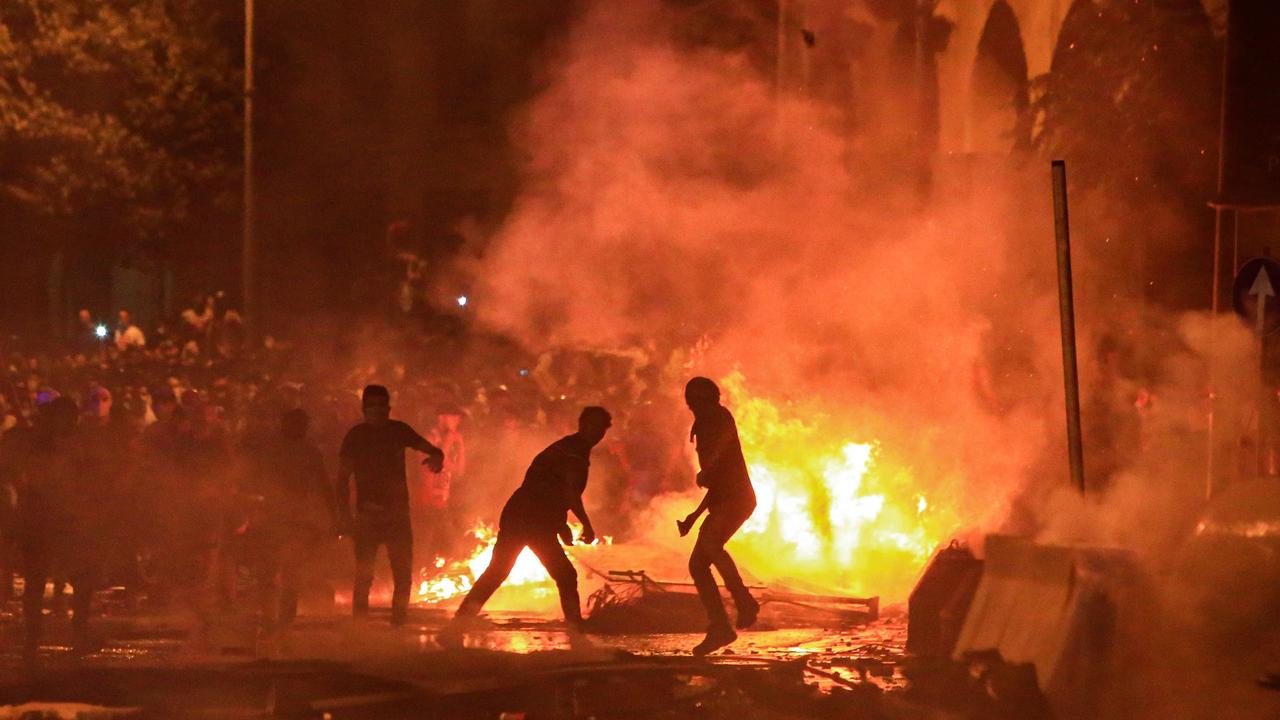
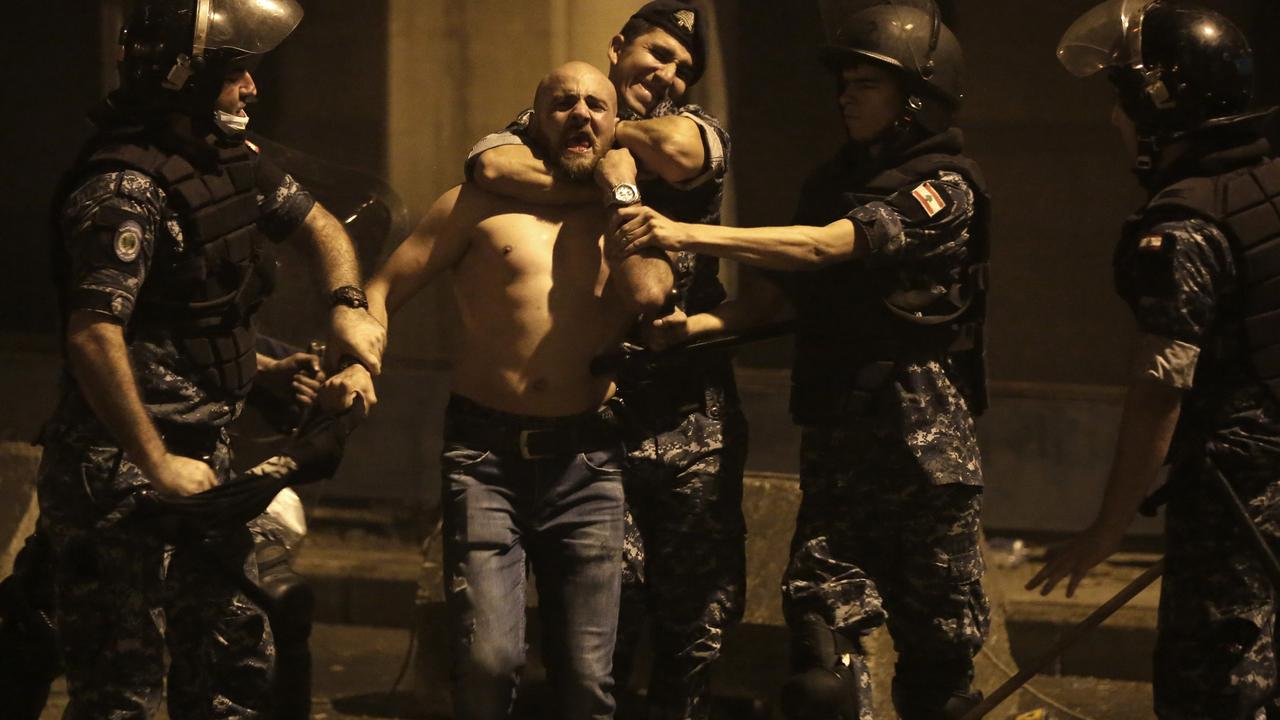
Hong Kong
Hong Kong has been battered by five months of huge and often violent protests over fears Beijing is tightening its grip on the territory, the worst political crisis since colonial ruler Britain handed it back to China in 1997.
In the latest round of clashes, police fired tear gas to disperse pro-democracy demonstrators gathered to commemorate the three-month anniversary of a mass assault on protesters, commuters and journalists. The clashes in the Yuen Long neighbourhood came a day after widespread violence in which tens of thousands marched through Kowloon district and hardcore activists threw petrol bombs at police, torched metro entrances and trashed shops.
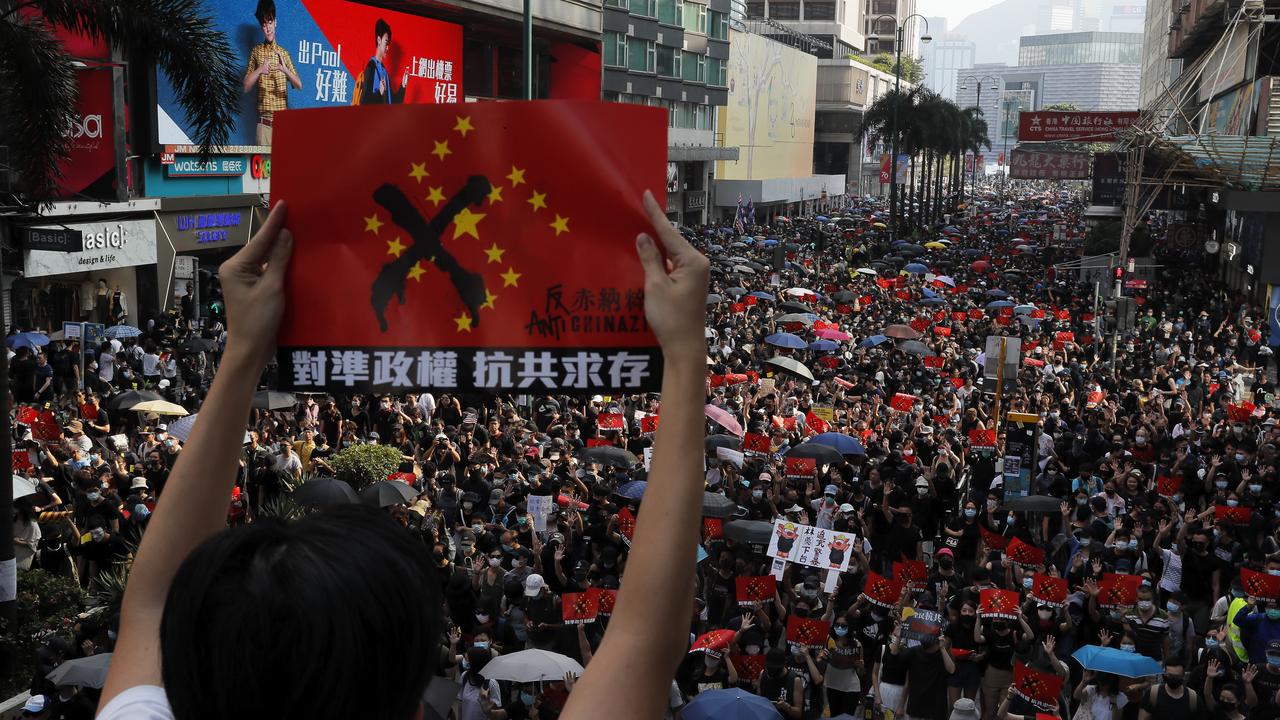
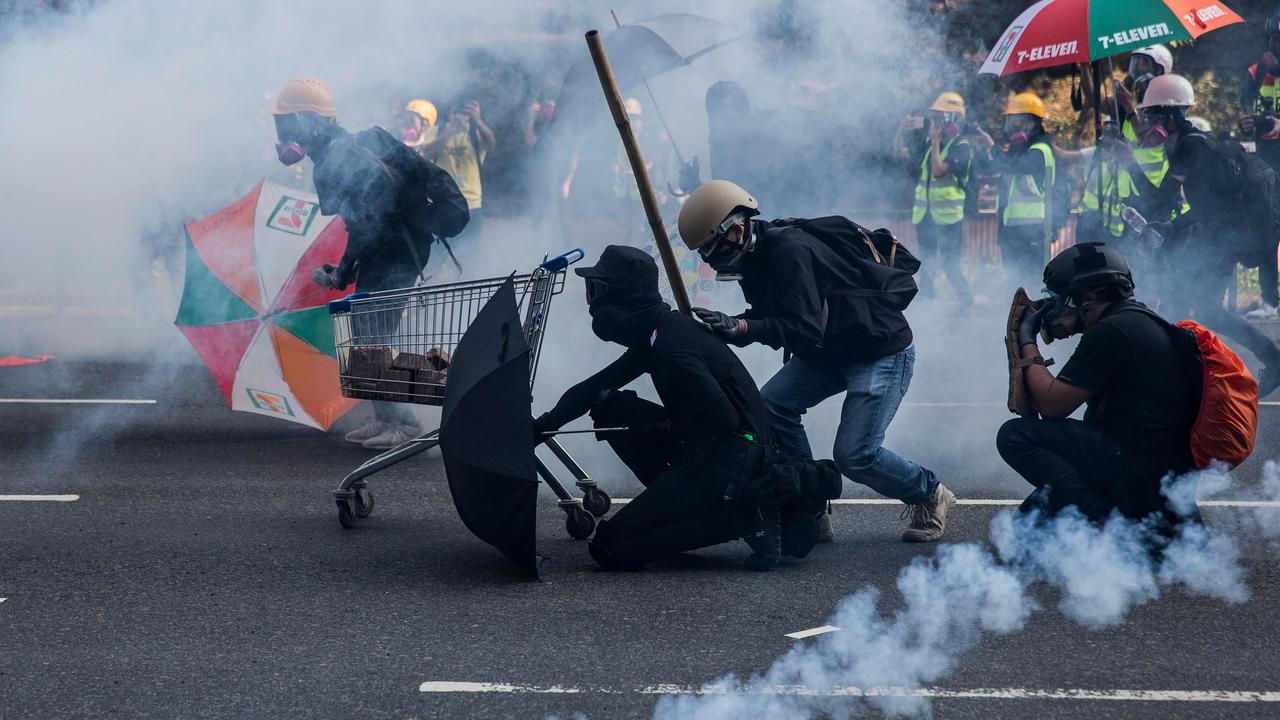
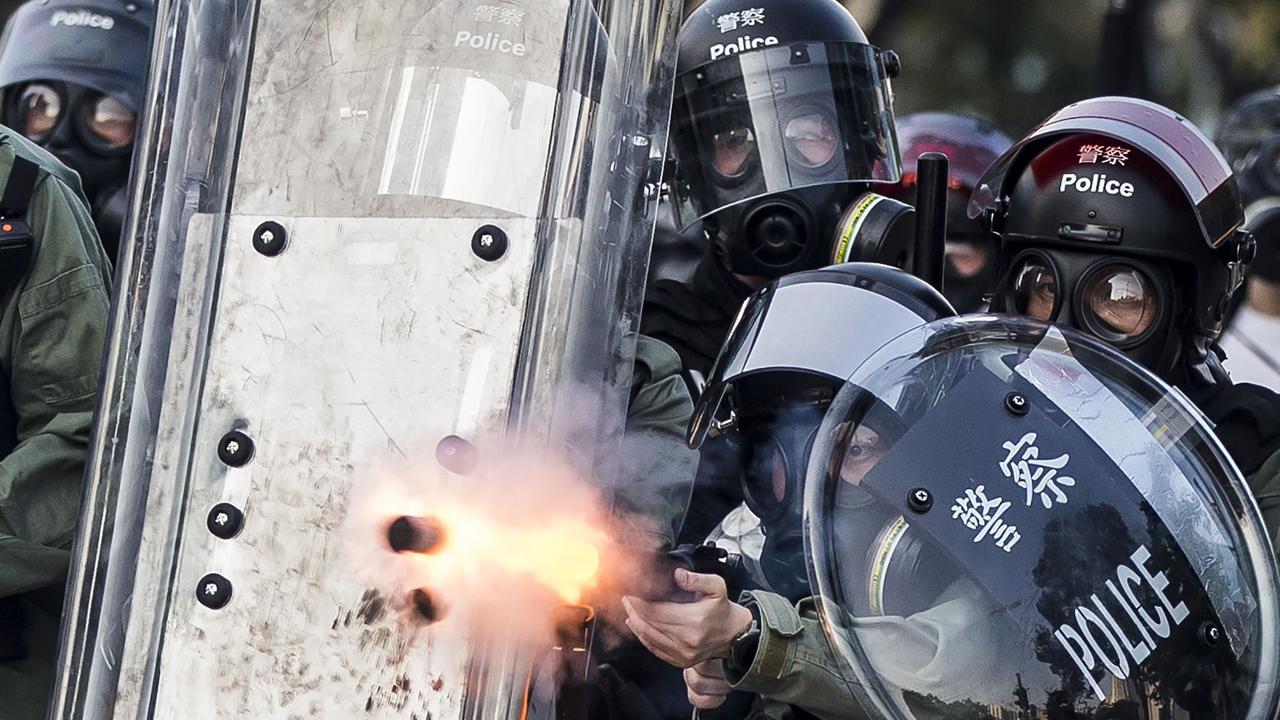
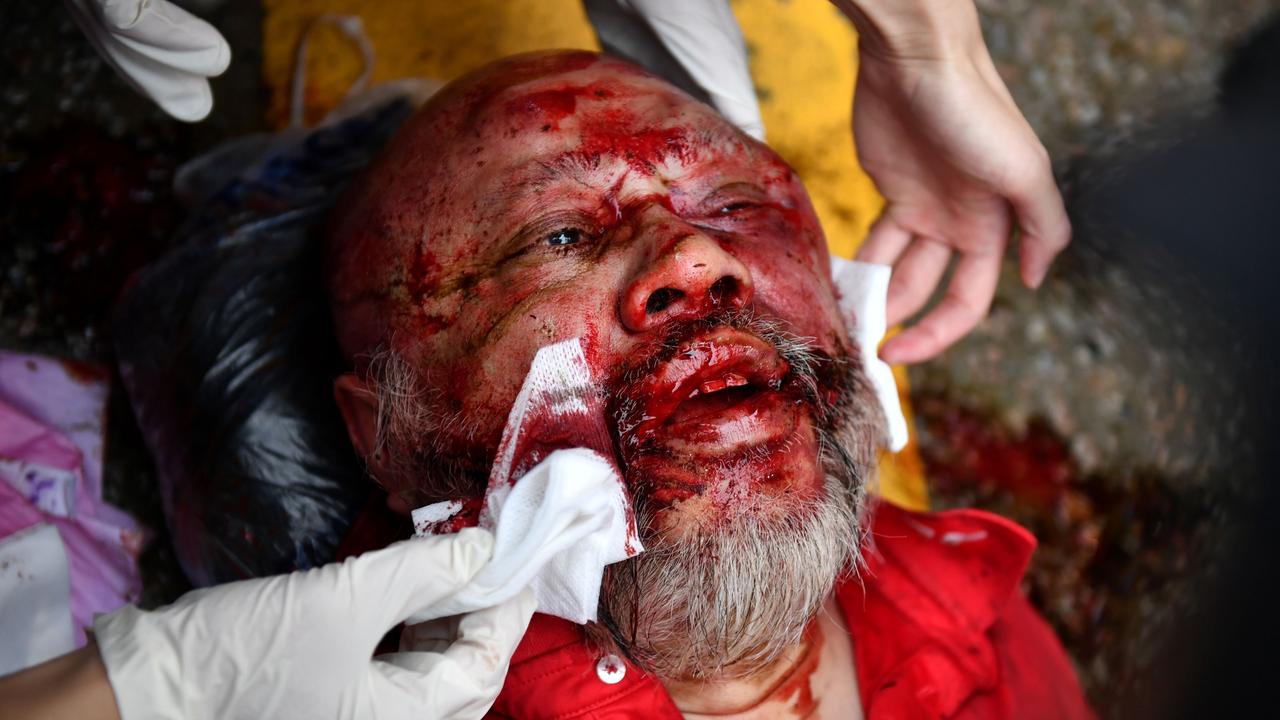
United Kingdom
Up to one million Britons marched through London to demand a new Brexit referendum, celebrating as MPs voted to postpone Britain’s departure from the EU.
The protesters, some having travelled for hours from around the UK, waved EU flags under sunny skies and held placards that employed creativity and wit. The crowd clogged vast stretches of central London on Saturday, with thousands of people waiting to begin the march at Hyde Park by the time others had reached parliament.
MPs were holding their first Saturday session since the 1982 Falklands War. Draped in an EU flag, 56-year-old Hannah Barton said the government was not listening.
“I am incensed that we are not being listened to. Nearly all the polls show that now people want to remain in the EU. We feel that we are voiceless. she said.
“This is a national disaster waiting to happen and it is going to destroy the economy.”
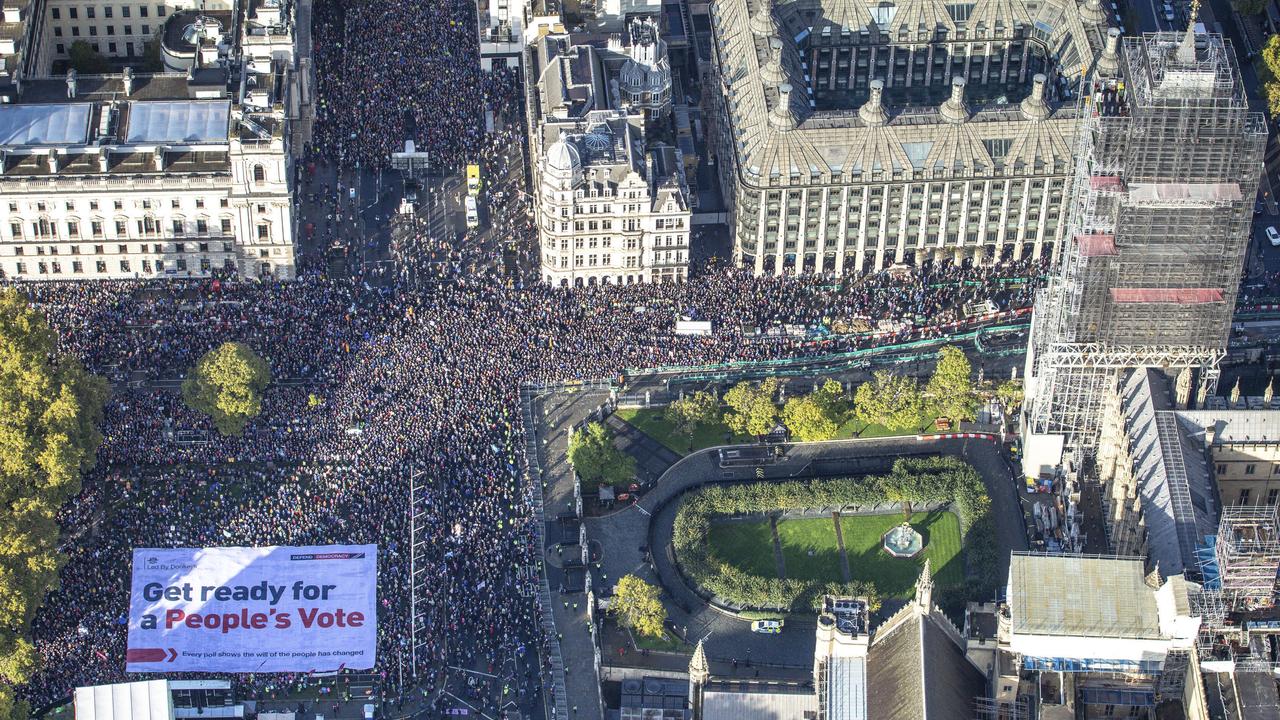

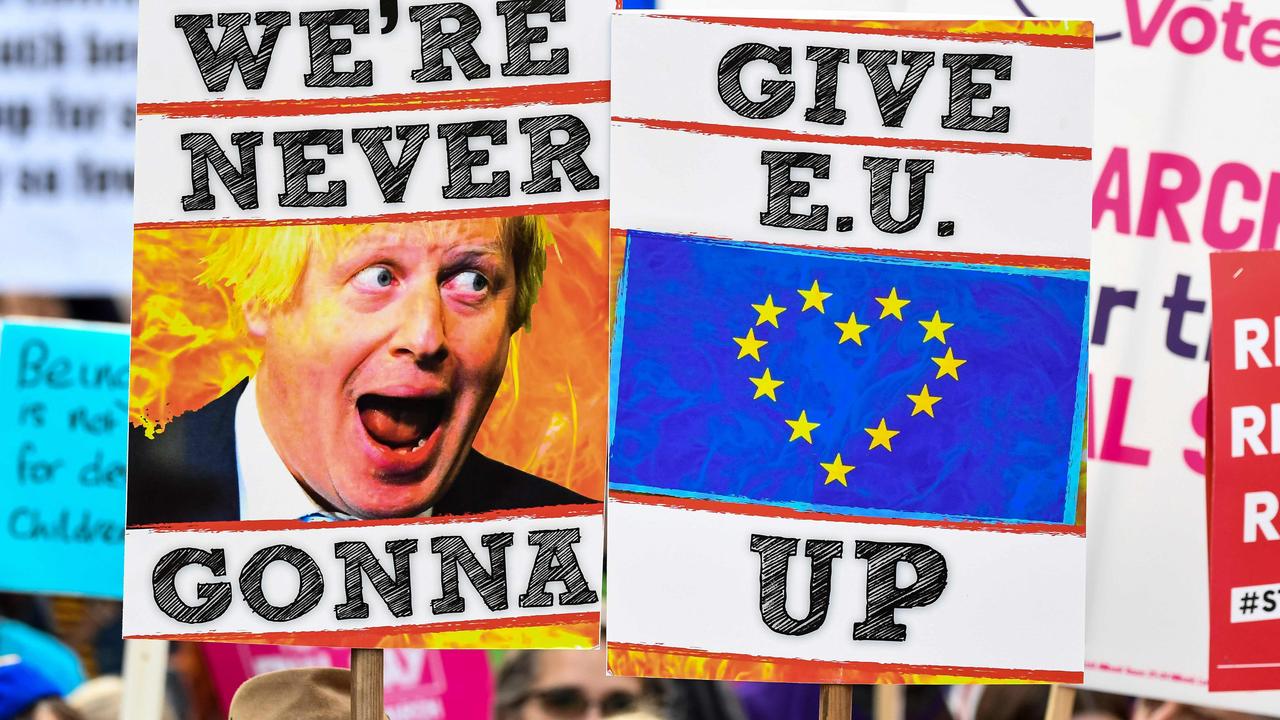
Ecuador
The United Nations is sending a team of investigators to Ecuador, following an invitation from the government, to investigate alleged violations committed during 12 days of deadly protests.
The UN rights office said that three of its staff members would visit from October 20 through November 8 to look into allegations of abuses, including by state security forces.
The announcement came after President Lenin Moreno and indigenous leaders reached an agreement Sunday to end nearly two weeks of violent protests against austerity measures adopted to obtain a multi-billion-dollar loan from the IMF.
The demonstrations, which left eight people dead and some 1300 injured, were sparked when Moreno scrapped fuel subsidies to obtain a $4.2 billion loan from the International Monetary Fund, causing prices to double.
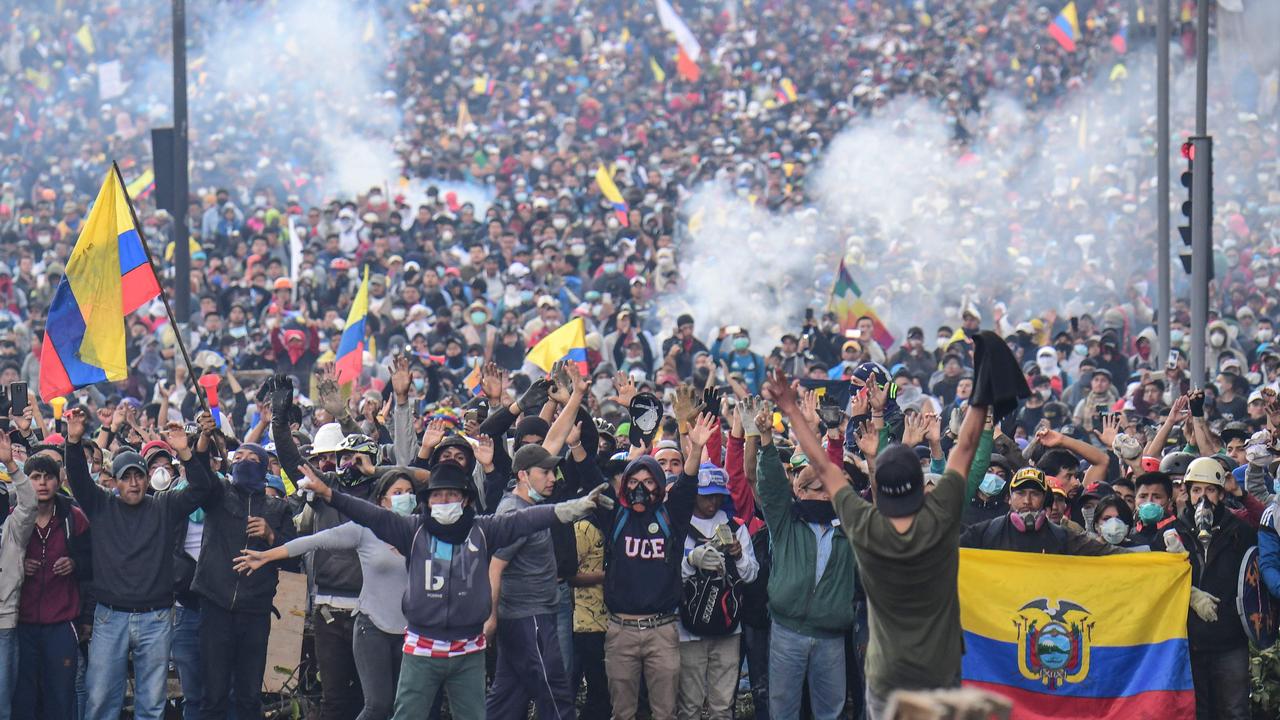


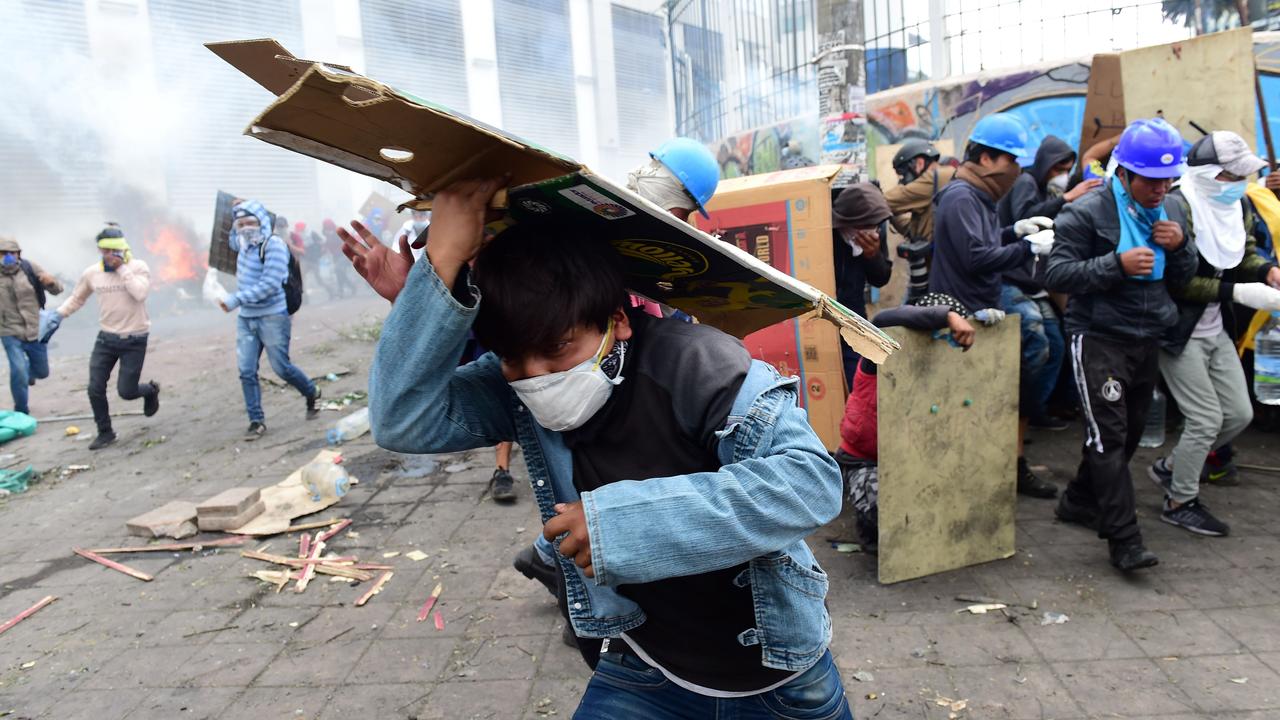
There also have been protests in Northern Ireland, Haiti, Bolivia and Sudan.



